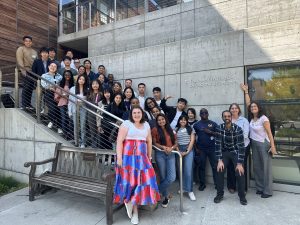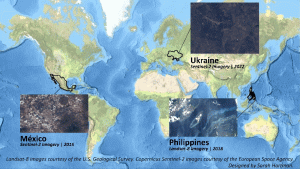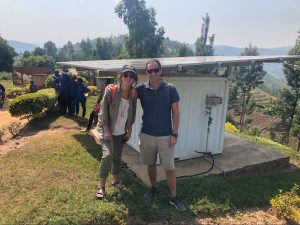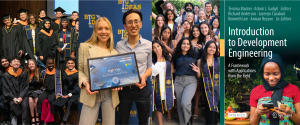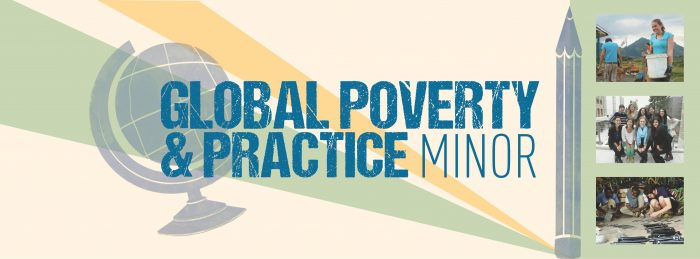
The problem of poverty is far from a clear-cut issue. In the new age of globalization and technology, future generations must develop the skills needed to critically think about the complexities of inequality in order to overcome the world’s most challenging obstacles.
Since its formation 2007, the Global Poverty and Practice minor at the University of California Berkeley trains students to understand contemporary forms of poverty, wealth, and inequality through invaluable academic coursework and a worthwhile practice experience. GPP has become one of the largest, most popular minors on campus, with about 350 students regularly enrolled in the program.
At the core of the minor lies the “Practice Experience”, a fieldwork opportunity where students apply the theoretical approaches they learned in their coursework to aiding local and international populations by partnering with a non-governmental organization, government agencies, and other poverty or development groups around the world. In addition to utilizing theory in the field, students learn from the organizations on how they approach poverty in action.
GPP invites all students from different majors and backgrounds to gain a critical edge and a unique opportunity to supplement their field of study.
Priya Natarajan, a 4th year linguistics major, completed her Practice Experience in the summer of 2017 with KIVA, an international nonprofit dedicated to alleviating global poverty through microfinancing. According to her, the GPP curriculum allows for a diverse range of students from multiple disciplines to come together, which changes the perspective of each individual student and fosters a more holistic approach to learning about inequality.
“Sometimes you look at a problem and you’re like ‘Ok this is it. Let’s tackle it’, but we fail to consider a lot of different factors that are causing the problem in the first place […] I think GPP really pushes you to explore the different roots of the problem rather than just the surface level problem and I’ve really appreciated that and that’s really helped me in different parts of my life, not just in school,” said Natarajan.
Check out the GPP website to learn more about the minor! If you have any questions about the application process or the program in general, feel free to attend any GPP info sessions. Best of luck to our incoming freshmen and returning students. Go bears!
Deadline to apply for the minor is October 4th.

